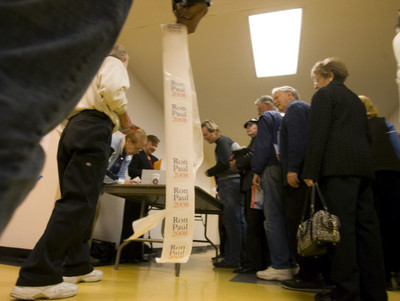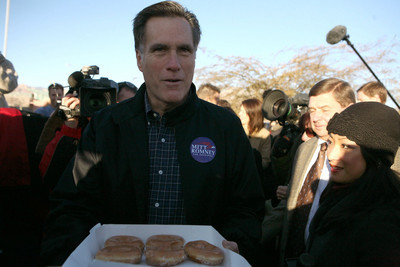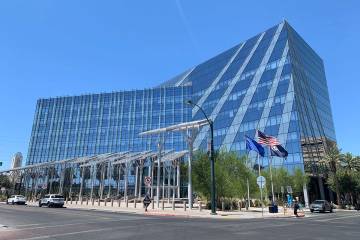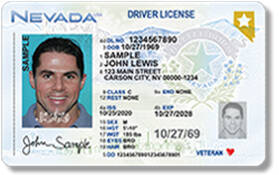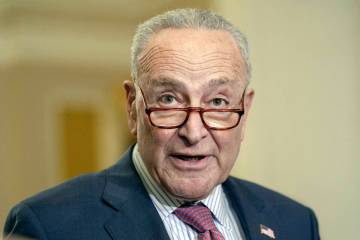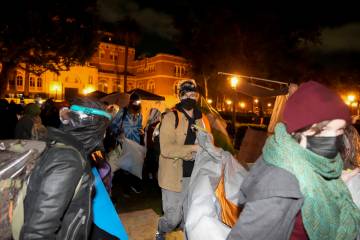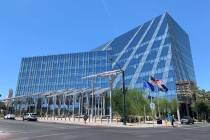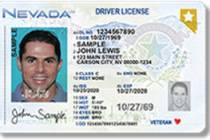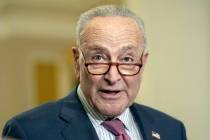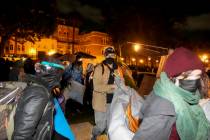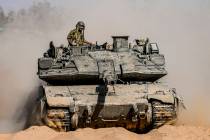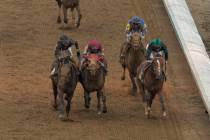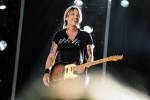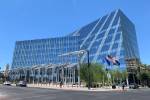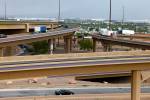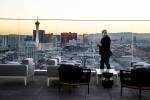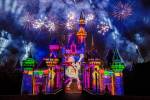Romney’s legwork in state pays off
"Landslide" is not a strong enough word for Mitt Romney's victory in Nevada's Republican caucuses Saturday.
The former Massachusetts governor, who was the only Republican to mount a serious campaign in the state, took 52 percent of the vote, defeating his nearest rival by nearly 40 percentage points in a field of seven candidates.
"It feels great," Matt Romney, the second-oldest of the candidate's five sons, said in an interview as the final results came in Saturday afternoon. "To me, it sends a signal that the people of Nevada, just like Michigan and Wyoming, have said that his message is resonating."
More than 40,000 Republicans turned out for their first-ever caucuses, even though the attention paid to their side and the effort put into it was a fraction of the Democrats'.
Texas Rep. Ron Paul, the only other candidate besides Romney to invest time and resources in the state, came in second with 14 percent of the Republican vote, edging out third-place Arizona Sen. John McCain, who had 13 percent.
Paul, who has consistently polled in single digits in other states, did well in many of Nevada's rural counties. His Libertarian message is believed to have resonated with Republicans there. He also drew on a largely Internet powered, grass-roots base for support.
Former Arkansas Gov. Mike Huckabee got a few more votes than former Tennessee Sen. Fred Thompson, both taking 8 percent. One-time front-runner Rudy Giuliani, the former New York City mayor, was sixth with 4 percent.
Speaking in Florida on Saturday afternoon, Mitt Romney said that combined with his win earlier in the week in Michigan, he would call the Nevada victory "a pretty clear indication that we were going on to win the White House."
His rivals could deride the win as uncontested, though most did campaign minimally in Nevada. But Romney hoped the win would offset a poor showing in South Carolina, which held a Republican primary on Saturday. Romney came in fourth in South Carolina with 15 percent of the vote.
Matt Romney, who spent Saturday in Nevada along with brother Josh, said a win is a win, no matter who competes or what contest is seen as counting.
"It doesn't necessarily matter what the pundits say," said Romney, a 36-year-old real-estate investor who lives in San Diego. "We have a goal of winning, not looking the best on the news."
The fact that Mitt Romney has competed in states other candidates weren't interested in is a good sign for his viability, Matt Romney said.
"We did well in the Northeast. We did well in the Midwest. Now we see we've done well in the West," he said. "He's competitive in all the states. That's something I don't think the other campaigns can claim. They've been picking and choosing states."
According to exit polls, members of The Church of Jesus Christ of Latter-day Saints, who make up about 7 percent of Nevada's population and tend to be conservative politically, made up about 25 percent of Republican caucus-goers, and more than 90 percent chose Romney.
Matt Romney said the importance of the Mormon vote was overblown.
"Obviously, it played a role, and some of the people I've talked to express support based on shared faith," he said. "I'm sure it doesn't hurt, but was it the determining factor? I don't think so."
Unlike the Democratic caucus, which was the party's third contest and hotly contested by three candidates, the Republican caucus in Nevada came after a contested Michigan primary and on the same day as the crucial first contest in the South.
Activists in the state Republican Party decided to have a caucus several months after Democrats did, not wanting to let the other party have the spotlight to itself and potentially gain an advantage in organizing voters in November.
Republican Caucus Chairman Pete Ernaut, one of those activists, pronounced himself "ecstatic" with the participation in the GOP caucuses, held at 134 locations in the state.
"I told people if we got 15,000, I would dance a jig," he said. "We are competing with South Carolina, so we were at a big disadvantage in getting the candidates here and the excitement built compared to the Democrats. Given all those barriers, I don't think anyone would have given us a prayer of 20,000 or 25,000."
Many precincts, including Ernaut's at Reno High School, ran out of ballots and had to improvise, he said, "but that's a good problem." A total of about $400,000 was spent holding the Republican caucuses, he said.
Ernaut acknowledged that the GOP drew only about a third as many caucus-goers as the Democratic Party but said the goal of not letting Democrats have the excitement of caucus day to themselves was achieved.
"Everybody's caught up in the excitement of today, but this is not about winning the primary. It's about winning the White House," he said. "Our mission was accomplished."
The Republican caucus totals are based on a vote of statewide participants after they separately chose delegates to attend county party conventions.
This is the same process used in Iowa. Technically, the straw poll vote is separate from the delegate election, but old Iowa hands say the percentages tend to be similar.
Also like Iowa, the Republican and Democratic Nevada caucuses technically are nonbinding. Most of the delegates elected promised to support Romney at the upcoming county conventions, where delegates to the state convention will be elected. Those delegates then will elect delegates to the Republican National Convention in September in St. Paul, Minn.
Ernaut said Romney's win still was meaningful because the delegates elected based on their support for him had pledged their word.
Romney had spent the days leading up to the caucus in Nevada, and Saturday morning he rallied supporters at 7:30 a.m. at Palo Verde High School in Las Vegas before jetting to Florida.
"If you guys all vote, I'll win this thing for sure," Romney told the few dozen supporters in attendance.
The presidential hopeful shook hands and passed out Krispy Kreme doughnuts in the near-freezing temperatures.
Several people asked Romney what it was like to appear on "The Tonight Show" on Friday night and asked him what he thought about the show's host, Jay Leno.
"He played it straight," Romney said of Leno. "No tough questions."
The GOP caucuses started at 9 a.m. At Arbor View High School, 36 precincts gathered in various classrooms.
Senior David Connelly, 18, wore a suit and tie to participate in his first political event as a registered voter.
He was one of four people who showed up from his precinct, and he ended up being selected as a delegate to the Clark County Republican Convention.
Once he was done caucusing, Connelly lingered at the school, where he greeted Democratic voters at the door and helped sell bottles of water at $1 a pop to raise money for the business club he leads.
Connelly said he plans to support Huckabee, even though Romney took half the votes -- that is, two -- in his precinct's straw poll.
He said he didn't know anything about the caucus process going in. Now he wants to keep going. "Hopefully, I make it to state," he said.
State Republican Party Chairwoman Sue Lowden was jubilant.
"The meetings were so special," she said of the precinct caucuses.
"They were conversations about the issues. I saw people meeting their neighbors. I saw couples exchanging phone numbers in the parking lot. Now I see why they love it in Iowa so much."
Rep. Jon Porter, R-Nev., said he was disappointed Giuliani, whom he supported, hadn't put more effort into Nevada, but Porter said the caucus was good for the party and the state.
"The team that ran the best campaign won," he said. "That's how it should be."
Review-Journal writers Lawrence Mower, Henry Brean and David Kihara contributed to this report. Contact reporter Molly Ball at mball@reviewjournal.com or (702) 387-2919.
Caucus Day in Nevada slideshow



